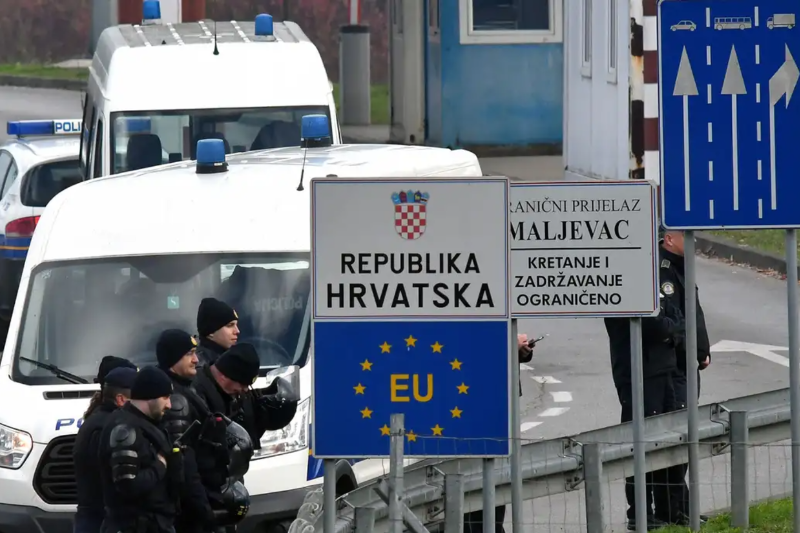
stricter eu migration rules anticipated in 2025
In order to speed up and increase the number of deportations, the EU Commission intends to propose stricter migration regulations in 2025. European Union diplomats cited by the news and politics magazine Politico that the new policy recommendations which are anticipated to reinforce the recently signed EU deal on migration and asylum may be available as early as February.
The new EU Commission whose new lineup reflects the voting habits of EU member states and has shifted a little more to the right is anticipated to give priority to the recommendations.
Just before the last piece of legislation was passed, the new EU treaty on migration and asylum was approved. It is expected to go into effect by 2026 at the latest. In an attempt to gain control of the EU’s migration policy throughout the bloc certain member states such as Spain and Germany have suggested implementing some of its provisions earlier in 2025.
The EU has been under pressure to tighten some aspects of its migration policy from nations like Italy and Poland which are led by right wing coalition leader Giorgia Meloni and Donald Tusk who leads a centrist Liberal party that has maintained many conservative migration policies from the previous PiS government.
According to Politico, the new regulations are anticipated to clarify the procedures for their possible deportation to third countries and to specify the rights and responsibilities of migrants who have used up all of their legal choices to remain in the EU.
Keep Reading
Politico claims that the EU’s plans could “restrict the freedom of movement of migrants” who receive deportation orders by requiring them to “check in” at a migrant center. Until the day of their expulsion, the news site did not clarify whether this would entail daily or weekly reporting to a local police station, actual custody or something similar.
If this approach is implemented, it could prevent the majority of migrants who have had their asylum petitions denied or who for other reasons are not entitled to remain in the EU from going missing.
The European Conservative claims that only 19% of migrants in the EU are truly sent back to their countries of origin after receiving such a notice. Most of them remain in the EU frequently leaving the legal system and occasionally leaving the country to reapply for asylum in other EU member states.
It can be challenging to enforce the Dublin Regulation which requires EU member states to deport asylum seekers who are trying to apply for asylum in a second EU nation. The migrants who have gone on frequently wish to remain in another EU nation and frontline nations like Italy are not necessarily eager to welcome them back.
Family links, greater employment prospects or access to social benefits which could be more limited in Mediterranean countries particularly if their claim has been denied or because of some other explanations.









